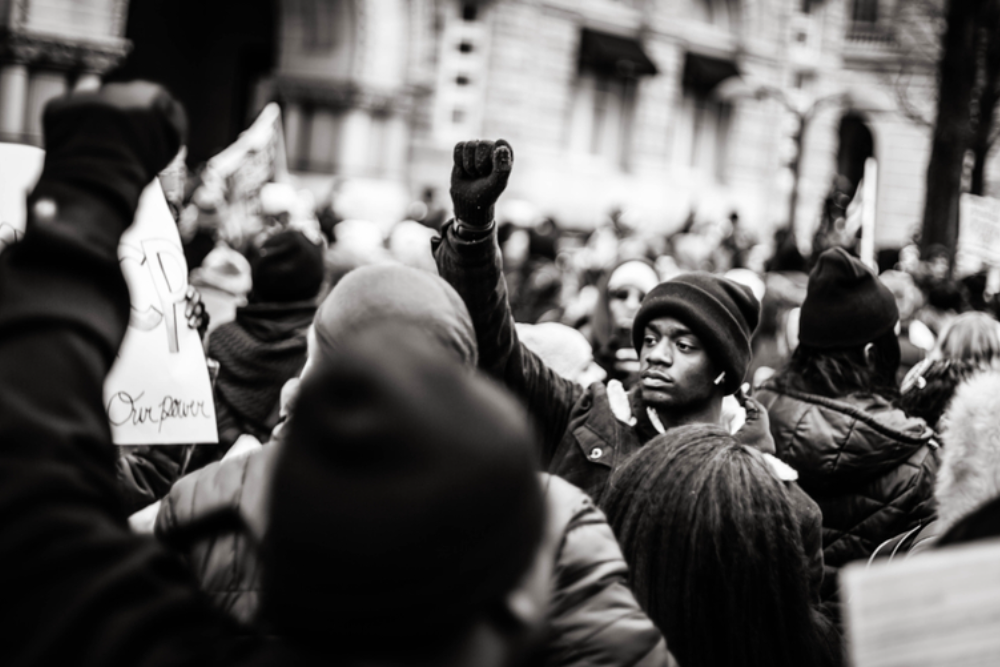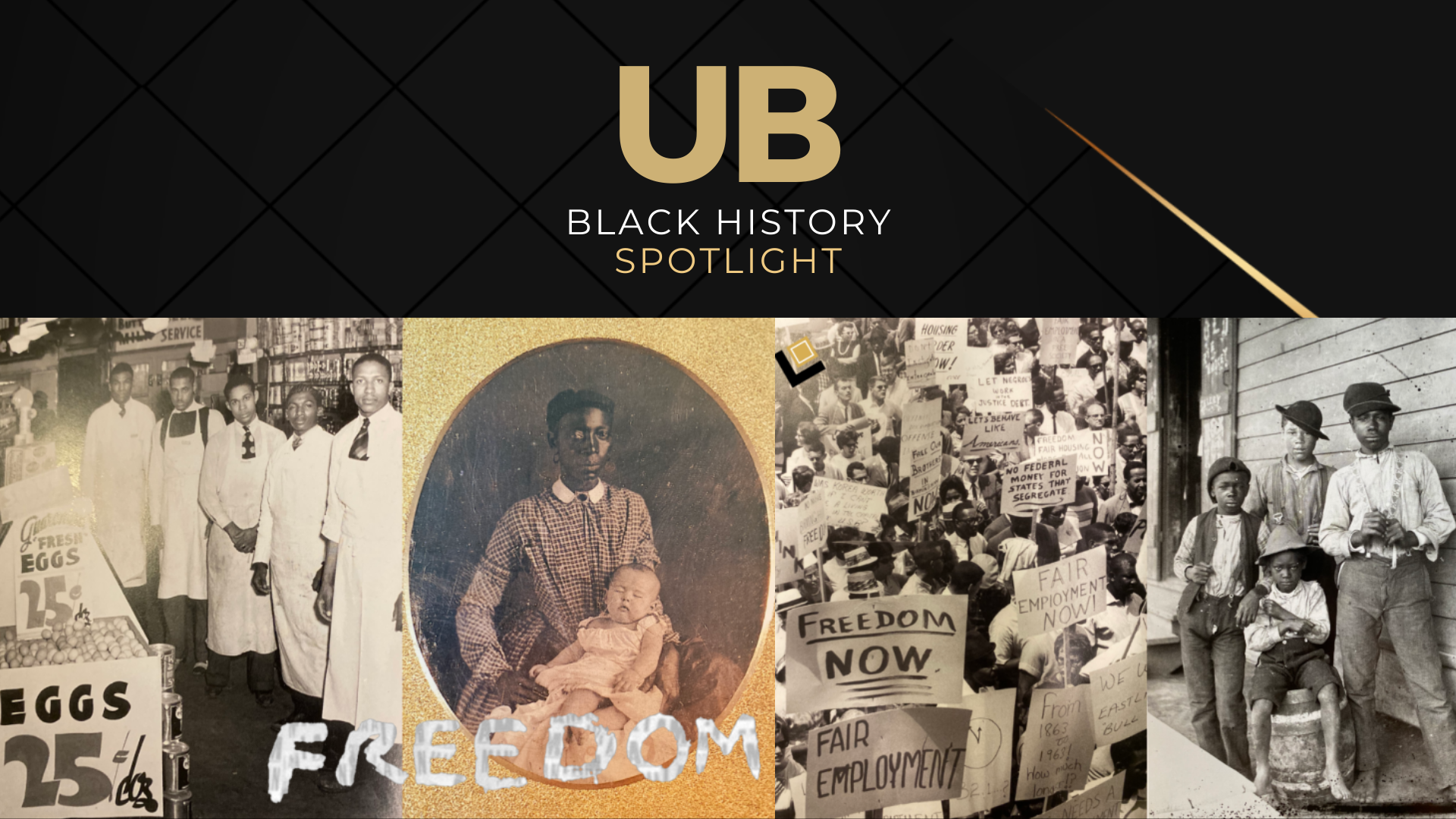- BlackVoter.Org
- Posts
- BlackVoter.Org
BlackVoter.Org


The Enduring Legacy of Black Greek Letter Organizations celebrates the rich history and ongoing impact of BGLOs, which emerged in the early 20th century as crucial spaces for Black students seeking solidarity, leadership, and activism amidst rampant racial discrimination. Founded during the Jim Crow era, these organizations have transcended their social roots to become powerful agents of change, with members leading landmark movements in civil rights and justice.
From the first Black Supreme Court Justice to the current Vice President, BGLOs have produced trailblazers committed to social equity. Today, they continue to evolve, tackling modern issues like digital equity and mental health while nurturing new leaders through mentorship programs.
With a global reach, BGLOs promote Black excellence and community collaboration across continents. Their persistence and adaptation to societal challenges exemplify a legacy of resilience and principled advocacy, reminding us that collective action is key to achieving a just future.

In her compelling article, historian Daphne Barbee-Wooten sheds light on the journey to recognize Dr. Martin Luther King Jr.
's birthday as a state holiday in Hawaii, a long-overdue tribute in the Aloha State. Despite its rich tapestry of cultures and the contributions of its African American community, Hawaii was one of the last states to acknowledge this pivotal national holiday.
The African American Leadership Committee rallied from 1986 to 1988, organizing marches, crafting petitions, and igniting public discourse to push for justice in civil rights recognition. Their persistence paid off when the Hawaii legislature finally passed the holiday, substituting it for Columbus Day in 1988.
The first celebration on January 15, 1989, turned into a vibrant parade filled with music, memories, and cultural unity, honoring King’s legacy and reinforcing the spirit of equality and inclusivity that Hawaii strives to embody.

In a battle for the spotlight, UK Conservative leader Kemi Badenoch and Reform UK's Nigel Farage are set to compete for the attention of Trump allies at the upcoming Alliance for Responsible Citizenship (ARC) summit in London. Starting Monday, this influential right-wing conference will host about 4,000 attendees from around the globe, including prominent U.
S. figures such as Republican House Speaker Mike Johnson and energy secretary Chris Wright.
As Badenoch delivers the opening address, she faces mounting pressure from Farage's hard-right faction amidst a backdrop of anti-environmental sentiment and socially conservative themes. Co-founded by psychologist Jordan Peterson, ARC aims to foster big ideas rather than direct political campaigning, drawing significant interest from conservative thinkers, influencers, and even controversial figures in a landscape increasingly shaped by the Trump administration.
It promises to be a crucial event for aligning global right-wing strategies.

In a dramatic turn of events, New York City Mayor Eric Adams may dodge a criminal trial as the Justice Department pushes to drop corruption charges against him. However, this development only intensifies his political troubles.
Critics, including top Democrats and civic leaders, are raising alarms about his alleged ties to former President Trump, claiming he is compromised and unfit to lead the city. Resignation calls are proliferating, with figures like Alexandria Ocasio-Cortez insisting that if Adams won’t step down voluntarily, he should be ousted.
The turbulent political atmosphere has left many questioning the mayor’s ability to govern effectively, as public trust in his leadership dwindles. Amid escalating pressure, even those once loyal to him are reconsidering their support, plunging Adams into a precarious situation that threatens his very political future in the nation’s largest city.

Kendrick Lamar's Super Bowl halftime performance was a captivating spectacle brimming with deep symbolism and poignant messages. Centered around his ongoing feud with Drake and a critique of American society, Lamar ingeniously crafted a story through his stage design, inspired by a PlayStation controller.
This clever metaphor hints at how politics and personal lives can feel like a game. Samuel L.
Jackson's satirical portrayal of Uncle Sam set the tone, navigating Lamar's performance while critiquing mainstream expectations. Notably, Lamar's references to systemic racial issues, particularly his shoutout to "Forty acres and a mule," echoed the necessity for reparations and economic equity for African Americans.
With colorful visuals, including dancers forming an American flag, Lamar's performance confronted viewers with hard truths about social divisions while teasing Drake with sly nods to their rivalry. This unforgettable halftime show not only entertained but challenged audiences to rethink the narratives shaping American culture.

In a striking examination of American history, scholars Philip Klinkner and Rogers M. Smith outline how the Trump administration is echoing past efforts to curtail civil rights, reflecting a familiar pattern of progress followed by regression.
They argue that Trump's initiatives, such as dismantling diversity, equity, and inclusion (DEI) programs, signal a deliberate rollback of 60 years of hard-won advancements for marginalized communities, much like the historical backlashes seen after the Civil War and during the Jim Crow era. The authors emphasize that while Trump claims these initiatives undermine meritocracy, they have actually served to combat discrimination and expand opportunities.
They acknowledge the significant challenges ahead, including the Supreme Court's recent rulings, yet express optimism in the resilience of those empowered by past reforms. As history demonstrates, the fight for equality is an ongoing battle, and today’s advocates are more equipped than ever to push back against regressive policies.

This article highlights the transformative vision of leaders like PM Mia Amor Mottley, Adom Getachew, and Elleni Centime Zeleke, who advocate for a revitalized Africa through a concept called "Harmolantica." Amidst the chaos of socio-political challenges, they urge a return to core values of harmony and unity, emphasizing the need for a collective reimagining of Africa's destiny.
The piece reflects on the limitations of post-colonial self-determination movements and calls for a deeper understanding of justice and equality rooted in African epistemic principles. The authors propose a grassroots approach to empowerment, focusing on moral instincts and a collaborative spirit to transcend divisive politics.
By fostering a culture of compassion and collective action, they envision a future where Africans can harness their rich heritage and creativity to build a peaceful and prosperous society. This is a rallying cry for ordinary citizens to engage in the emancipation of their communities, inspired by the legacy of their intellectual forerunners.

Celebrate Black History Month with "Freedom: A Photographic History Of The African American Struggle," an evocative book that captures centuries of African American resilience and pursuit of equality. Authored by experts Manning Marable and Leith Mullings, this groundbreaking work features 500 stunning black-and-white photos alongside 100 color illustrations, tracing the journey from the first abolition protests to modern times.
It's divided into five chronological sections, complete with insightful essays and narrative captions that explore the multifaceted struggle against slavery, segregation, and racism. With rare images that illuminate personal bravery and collective action, "Freedom" not only chronicles historical milestones but also reflects the ongoing quest for justice.
A must-have for every household, this compelling volume celebrates the courage and determination of Black Americans throughout history, making it a poignant reminder of the battles fought and the hope that endures today.